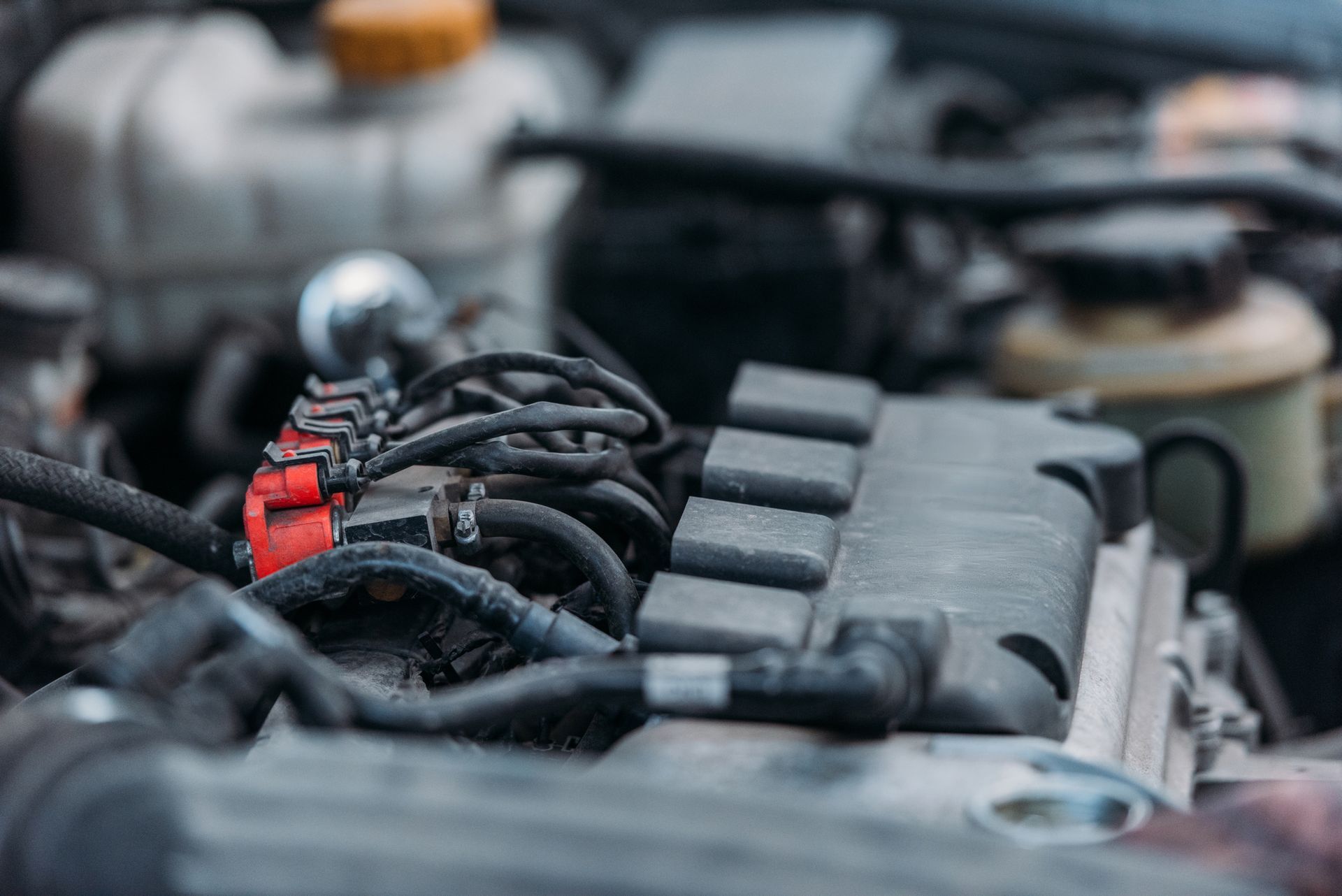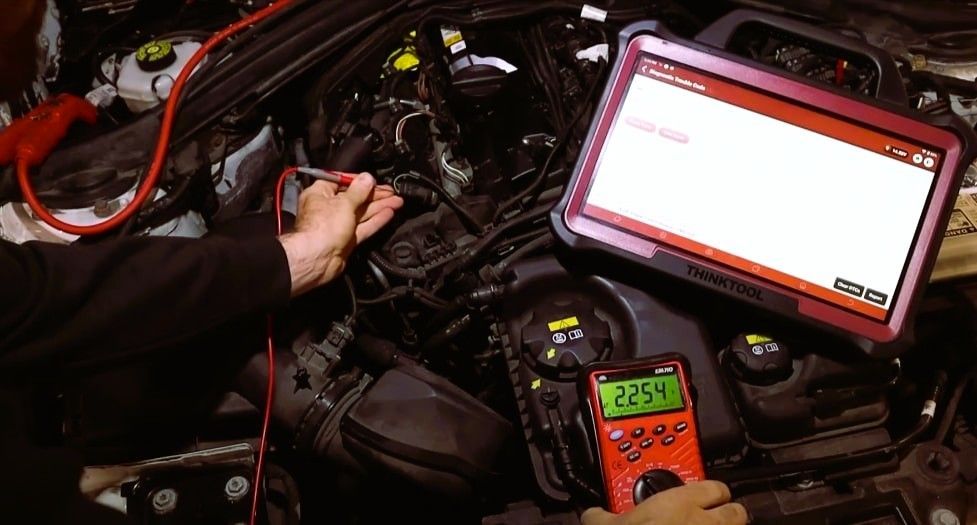4 Reasons Why Your Engine is Sputtering
Is your engine sputtering? Here's what might be happening under the hood

The sounds your car's engine produces speak volumes about its well-being, and a smooth hum is a comforting assurance. However, when that melody transforms into an unsettling sputter beneath the hood, it's a sign not to be taken lightly. In this article, we'll delve into the reasons behind engine sputtering and explore potential solutions.
Sputtering under the Hood May Mean it’s Time for Engine Repair
The distinct sputtering noise emerging from your engine is a clear indicator that all might not be well under the hood. Ignoring this audible red flag could lead to more substantial engine repair costs down the line. Issues associated with a sputtering engine seldom resolve on their own, making early attention crucial.
What Causes the Engine to Sputter?
The gasping sound produced by a struggling engine can stem from various problems. Often, an experienced mechanic needs to conduct a thorough diagnosis to pinpoint the root cause. However, there are a few common possibilities that could be triggering the engine to sputter.
1. Is Your Engine Grunting? It May Mean Fuel System Problems
Low fuel levels, caused by leaks in the fuel system or insufficient gas in the tank, can be a prime reason for engine sputtering. The fuel system's injectors, responsible for delivering the right amount of fuel to the engine's cylinders, may become clogged or worn. Addressing issues with the fuel injectors, whether through cleaning or replacement, is crucial to prevent prolonged sputtering.
2. Exhaust System Problems Often Lead to Engine Repair
Complications within the broader exhaust system can also result in a sputtering engine. Leaks or worn-out seals and gaskets in any component of the exhaust system may compromise its functionality, causing the engine to sputter. Beyond the annoyance of the noise, a compromised exhaust system poses potential risks by releasing toxic fumes into the vehicle cabin.
3. Is Your Catalytic Converter Transforming Harmful Gases into Inert Substances?
Problems with the catalytic converter can contribute to engine panting and sputtering. This essential component is tasked with converting harmful gases into inactive ones. The illumination of the Check Engine Light is a potential indicator of catalytic converter issues. Timely attention to these problems is vital to ensure compliance with emission standards and prevent further engine damage.
4. Engine Stammer and Gasp Caused by Spark Plug Misfires
Worn-out spark plugs can be another culprit behind a sputtering engine. These crucial components generate the ignition necessary for the engine's combustion. When spark plugs wear out, misfires can occur, leading to the distinctive stammer and gasp of a sputtering engine. Regular replacement of spark plugs is a preventative measure to maintain engine efficiency.
The next time your car's engine departs from its usual hum to an unsettling sputter, heed the warning. Prompt diagnosis and necessary auto repairs are essential to prevent escalating costs. Just like delaying filling up an empty gas tank leads to sputtering, delaying engine repairs only compounds the issue. Take action early, ensuring your engine continues to operate smoothly, and you maintain peace of mind on the road.
If you want a thorough check and know your car's overall condition,
call us!
Our mobile mechanics at Salt Lake City Mobile Mechanic can come to you and check on your car for your convenience.


